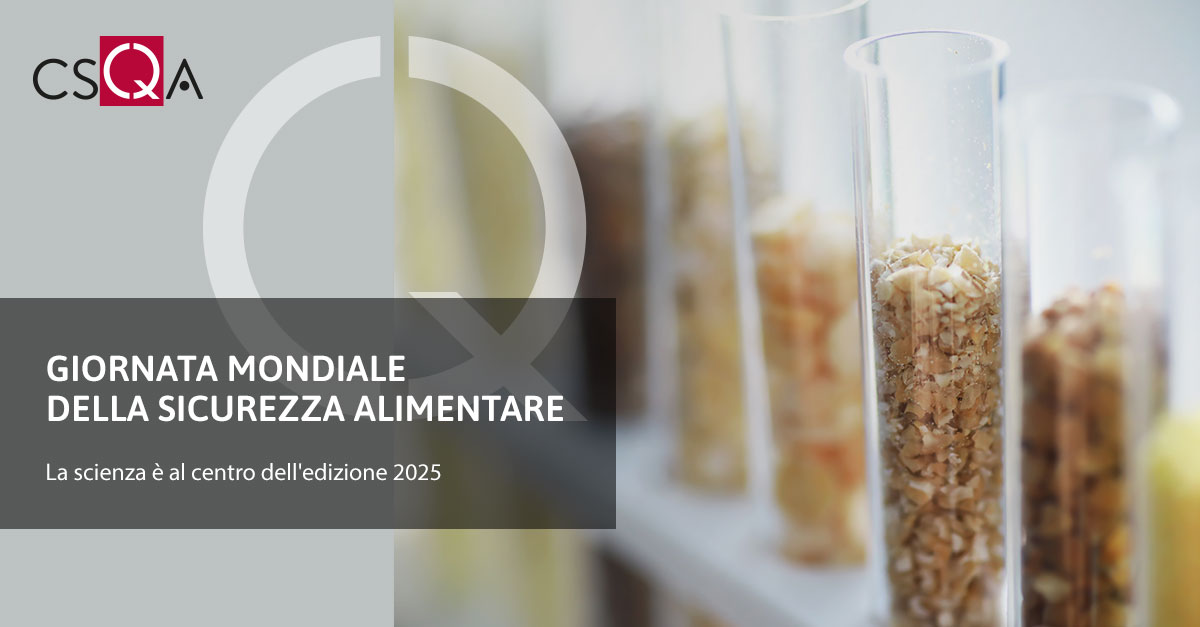 On 7 June 2025, World Food Safety Day is celebrated , promoted by WHO and FAO. The aim is to raise awareness of the importance that the health safety of food of all kinds has for the protection of the health of the entire population.
On 7 June 2025, World Food Safety Day is celebrated , promoted by WHO and FAO. The aim is to raise awareness of the importance that the health safety of food of all kinds has for the protection of the health of the entire population.This year's theme , "Science in Action," highlights the crucial role of science in ensuring food safety .
From risk assessments to defining standards and processing protocols , investments in science are crucial to preventing foodborne illnesses.
Scientific knowledge is, in fact, the key element to understand what makes food safe , prevent foodborne diseases, reduce waste and ensure access to food resources.
Every day, along the entire agri-food chain, many professional figures work to ensure that the products we put on our tables are safe: farmers, breeders, food sector operators, health authorities and political decision-makers.
Consumers also play a central role because they are responsible for correctly managing the phases of purchasing, storing, handling, preparing and consuming food.
Every year, on June 7, World Food Safety Day is celebrated, established in 2019 by the UN and promoted by WHO and FAO. This event aims to raise public awareness on the importance of food safety for the protection of citizens' health.
What are foodborne diseases?
According to the WHO (World Health Organization), approximately 600 million people every year (2025 data) fall ill due to contaminated food , with over 50% of deaths.Bacterial diseases such as salmonellosis, listeriosis and Escherichia coli often arise from contaminating pathogens and cause poisoning with symptoms that can be very serious.
The #Safe2EatEU campaign aims to help consumers learn more about food safety in Europe and make informed choices about the foods they buy, consume and enjoy in a safe and healthy way every day.
FOODSAFETY4EU is instead an integrated and multi-stakeholder platform that enables and feeds the network of actors in the food safety system at national, European and international level to access resources and data efficiently, synchronize food safety research strategies, share and exchange scientific knowledge.